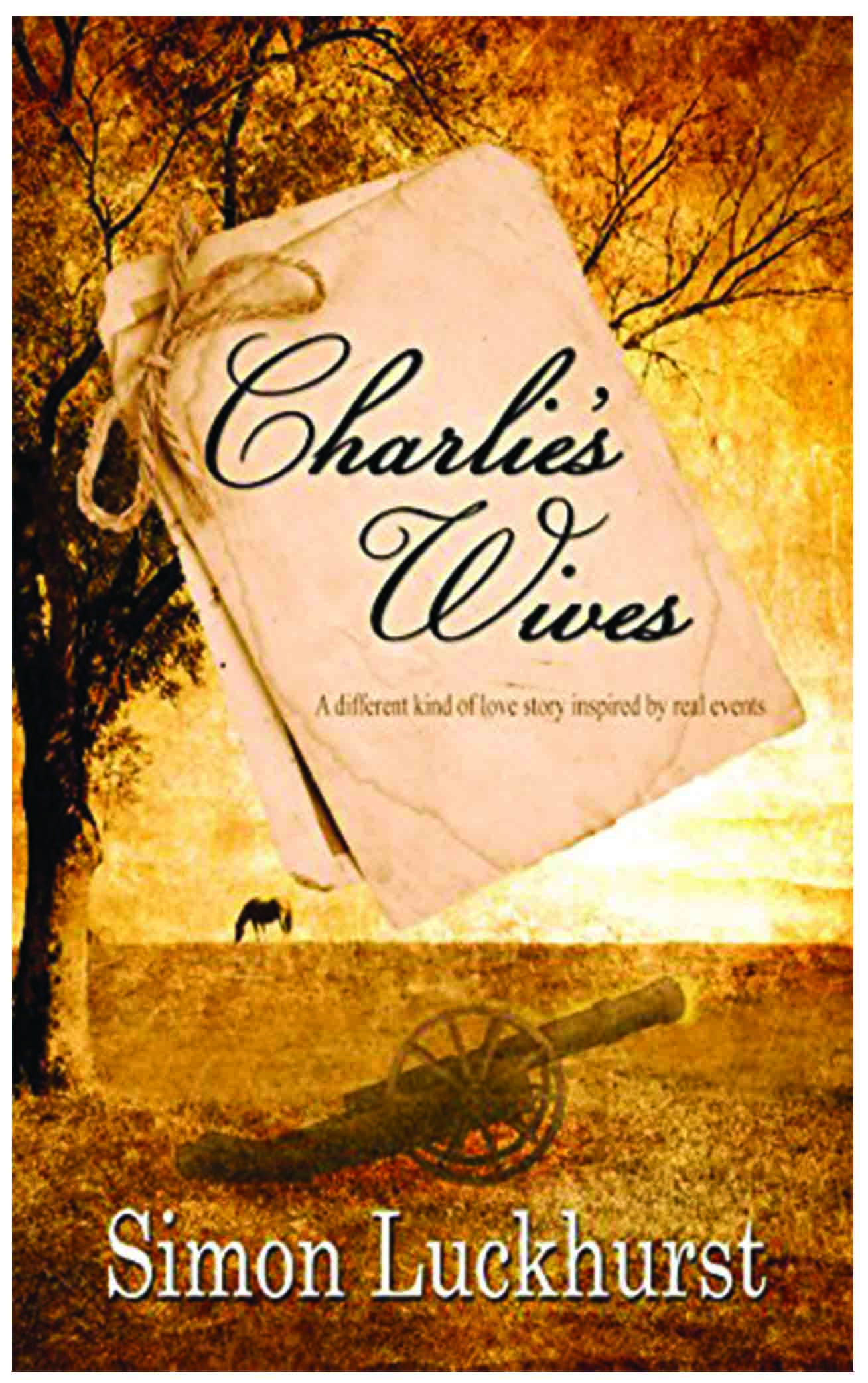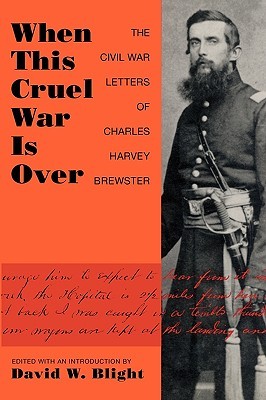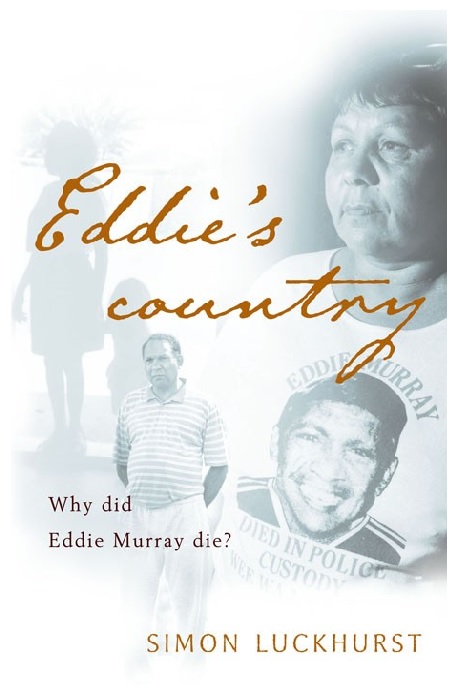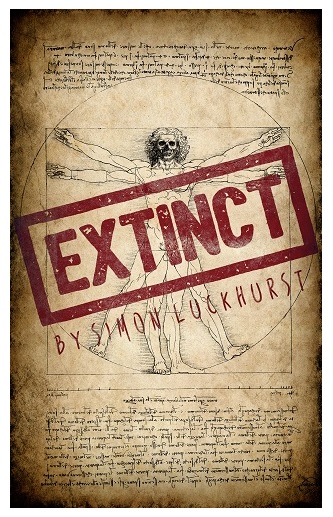 |
The virtues of the past don't stand if the virtues of the present fail...He is trapped between worlds. The former has raised him, the latter has ripped the learning of the first away, replaced it with new laws, responses, expectations, fears. None are real anymore. He is not real anymore. He knows this as he sits silently watching the silent flag. Wonders if they will both one day fly away into the white flecked sky, two other motes to be consumed by the enormous wholeness of it all. To the arms of God, if there is a God, although a God would not allow war. No God would allow that. But some God has. |
Can one snippet of history inspire an entire book? That was the question I asked myself after hearing a single sentence in a free online lecture. That sentence related to real-life historical figure Charles Harvey Brewster, who at the end of the American Civil War found himself recruiting African American soldiers for the Union. Part of his role – and this was what fascinated me – was to write love letters for their illiterate wives to their men at the front. The concept of this young man with little experience of ex-slaves and romance being a bridge between the two was one I couldn’t shake.
There was war and there was love and there was damage and there was hope. Beyond this, though, it was very much a case of the world of men meeting the world of women. It was one of those strong ideas that won’t let you go, and I wondered where it would take me. Initially it became a play, then a screenplay. There was still more, though, and I had to keep persevering with it, until finally a novel emerged.’
I hope Charlie’s Wives will offer insight into a time that had enormous potential for social change, although it’s actually quite a contemporary novel. While it’s set in the past it deals with racism during a period when America was over-loaded with returned soldiers who had been damaged by their experiences of war. This is similar to what’s happening in the US right now and it was firmly in my mind as I wrote. I can’t help but wonder what America and the world would be like now if the opportunities for equality at the end of the Civil War had been allowed to flourish. That they weren’t was a tragedy of epic proportions.
Buy the Book
Buy the Kindle from Amazon here.
Buy the paperback from Amazon here.
Buy the paperback from The Wild Rose Press here.
Buy the eBook from The Wild Rose Press here.
Buy the iBook from iTunes here.
Publisher
Comments
I've just finished reading Charlie's Wives and hand-on-heart can say it's one of the most beautiful books I have ever read! Compassionate, gentle, kind, loving and real and I was up until 12 midnight last night reading it because I couldn't put the bloody thing down!! That's 2 and a half hours past my bedtime! - Tim via email.
That was one champion book. It just flows from first page to last. - Bryan on Facebook.
Just finished this book - a wonderful read. I highly recommend it. - Carole on Facebook.
4.0 out of 5 stars
By LAS Reviewer on 12 January 2017
Charlie’s Wives is a title that surely deceived me.
Charles Brewster served four years of bloody engagements in the war, and later worked to recruit African American soldiers. Though his recruiting role went beyond finding recruits he also took to writing and reading letters to the wives of men that were serving in the war.
Even though this is a book dealing with the harshness of war it is also heart warming to read about the families and how they deal with their men away at war. With the task of recruiting many men and writing letters for the women Charlie gets to hear the most intimate parts of many relationships. Charlie develops a fondness for the women that brings a heart warming feel to the book. To read and see that Charlie still suffers from mental stress of his time in the war but that he also turn around and make something loving come from that bitterness makes Charlie a real hero.
I see this as an inspirational story because of Charlie’s dedication and compassion for the men of military service. The story offers flashbacks of Charlie’s war time and his current position as a recruiter for the Army. While recruiting, Charlie is adamant that the women write to his men. Charlie’s life seem to revolve around keeping the men at war encouraged. This is where his compassion for the men is displayed so strongly. He could have served his time and went on to do his duties as a recruiter. His being away from his mother and sister and not getting returned letters made him upset and frustrated. This could definitely play a vital part in his need to make sure others stay in contact with their families.
The book is well written and tells a unique story based off of true events. I did find the book entertaining. I wanted Charlie to find a happy ending. The dialogue such as: “Ya’ll, Marser, and sah” took awhile for me to get use to. Readers should be mindful that the language used in the book is dialectic that was acceptable during the 1800’s and the description of war scenes may be too harsh for readers that don’t want to read the details of war.
I would recommend to those that enjoy a good read, but not necessarily one that ends in a completely happy ending.
4.0 out of 5 stars
By Mystica Varathapalanon 16 January 2017
Charlie has returned seemingly unscathed but PTSD and depression are unknown at the time and on the surface he seems fine. He is
The year 1864 is turbulent in America. Charlie has returned seemingly unscathed but PTSD and depression are unknown at the time and on the surface he seems fine. He is psychologically scarred by the effects of war - the death and for him needless dying of thousands has hit him hard. Much harder than those of his fellow soldiers. To them he seems delicate, sensitive and these are qualities unknown to them. This puts Charlie at a disadvantage. They look at him with slight disdain and also suspicion.
Charlie is assigned a role to find African Americans to serve. To recruit them he is given an incentive payment but it is not enough and Charlie finds that talking to the African American women may be the key to getting the men to enlist. Whilst he is successful in doing this, it is misrepresented by his commanding officer who is a boor and a coward who tries to undermine Charlie's efforts at every turn.
Charlie helps the women by writing for them. Letters to their husbands giving details of their homes and children and their own feelings because he knows how much he longed for letters himself from his mother and sisters when he was on the battlefield. He also reads the letters that come back from the husbands and through this interchange, Charlie builds up relationships with the women who are quite distant from the other white men of the camp.
Charlie is an outstanding man of the times. Sensitive and compassionate and compared with the others of his camp he is such a good man. Not appreciated of course by his seniors or his peers who do not quite understand him.
Characterizations was spot on throughout the book and the story was a good one, highlighting a part of the war where African Americans were an integral part of the war to win liberty at a time when such liberty was at risk.
The book is also a story based on true events.
5.0 out of 5 stars By Tiffany S on 21 February 2017
Heartbreaking
This book broke my heart on soo many levels. I have wondered for years how different our world would be if PTSD was known about and addressed centuries ago. I have often wondered how different the aftermath of the Civil War would have been in this regard. This book is about the Civil War and Charlie who served for 3 years and then comes to be a recruiter. They need men so he is supposed to be recruiting African American soldiers for the Union. It is a hard and daunting task. He realizes many of them can't read or write. He starts a friendship of sorts with one of the women whose husband he recruited. He soon has more recruits and he finds himself writing letters to them for the wives hence the title 'Charlie's Wives'. His intent is pure as he remembers being on the battlefield and yearning for the letters from home. He is also the reader of the replies and the conveyor or any bad news. Without giving too much away his commanding officer is not keen with the interactions with the women and his letter writing. The book also contains him having episodes that would now be labeled as PTSD and now he could get the resources to help. His interactions with his 'wives' and some other characters show the devastation war can bring to a person. I would definitely recommend this book with a box of Kleenex.
(I received an E-Book from Netgalley for reviewing.)
|
The source material for Charlie's Wives was the collection of letters written by Charles Harvey Brewster in the book When This Cruel War is Over edited by David W. Blight. |
I am scared most to death every battle we have, but I don't think you need be afraid of my sneaking away unhurt.
Thus wrote Adjutant Charles Harvey Brewster of the 10th Massachusetts to his sister Mattie in 1864, in one of over 200 letters he would pen during his four years of service. Born and raised in Northampton, Massachusetts, Brewster was a 27-year-old store clerk when he enlisted in Company C of the 10th Massachusetts Volunteers in April 1861.
During the next three and a half years he fought in many of the major battles of the Virginia campaigns - Fair Oaks, the Seven Days, Chancellorsville, Gettysburg, the Wilderness, the "Bloody Angle" at Spotsylvania - rising through the ranks to become second lieutenant and later adjutant of his regiment.
His letters, most of which were written to his mother and two sisters, record not only the horrors he witnessed on the battlefield, but also his own inner struggle with his own values, convictions and sense of manhood.
In a thoughtful and illuminating introductory essay, David W. Blight explores the evolution of Brewster's understanding of the terrible conflict in which he was engaged. Blight shows how Brewster's attitudes toward race and slavery gradually changed, in part as a result of his contact with escaped slaves and his experience recruiting black troops. He also examines the shift in Brewster's conception of courage, as the realities of war collided with the romantic ideals he had previously embraced.
This literate collection of 137 letters chronicles the experiences of an ordinary Union soldier caught up in extraordinary events. At times naive and sentimental, at times mature and realistic, Brewster's correspondence not only provides insight into the meaning of the Civil War for the average Yankee, but also testifies to the persistent power of war to attract and repel the human imagination.


